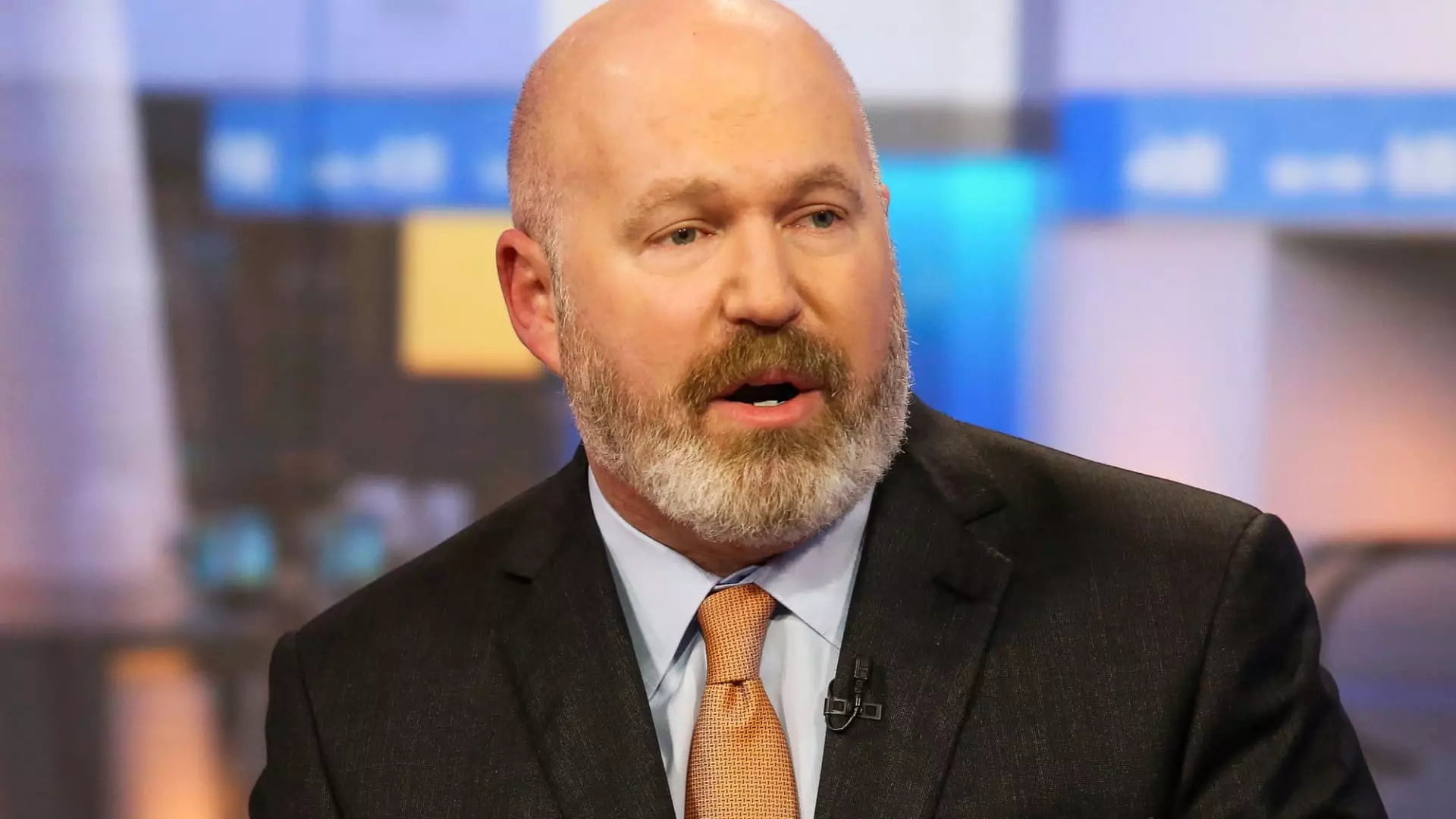The world of cryptocurrencies continues to be a hotbed of speculation and debate, and one of the most vocal critics of Bitcoin’s value proposition is Cliff Asness, the co-founder of AQR Capital Management. Following a meteoric rise in Bitcoin’s price—triggered in part by the turbulent political landscape after the November presidential election—Asness has labeled Bitcoin as residing within a speculative bubble. This perspective invites closer inspection of what drives such assertions, as well as an exploration of the wider implications for investors.
Asness indicates that Bitcoin’s significant jump in value—over 120% at the onset of 2024—was largely tied to investor sentiment believing that a new administration might foster a favorable environment for cryptocurrencies. The anticipation that President-elect Donald Trump would bolster the industry through deregulation and a potential strategic reserve has fueled speculative enthusiasm. However, Asness points out the alarming lack of concrete fundamentals underpinning the cryptocurrency’s valuation. He explains that without identifiable and robust use cases beyond mere speculation or illicit activities, the volatility of Bitcoin surfaces as a key concern for prudent investors.
Asness specifies three primary use cases for cryptocurrencies that could lend them credibility: speculative investments, enabling transactions in war-torn regions, and facilitating ransom payments in cybercrime scenarios. This limited scope raises critical questions about the long-term sustainability of Bitcoin as a currency or asset class. The apparent reliance on speculative dynamics appears tenuous in contrast to traditional currencies or commodities, which have established roles in economic transactions. This begs the question of whether Bitcoin can evolve beyond its current status or if it will remain trapped in speculation.
Despite his skepticism, Asness is cautious about taking short positions against Bitcoin. He expresses concern about the inherent risks associated with shorting assets characterized by extreme volatility—the kind that can dramatically affect portfolio stability. The caution displayed by Asness highlights a broader consensus among seasoned investors about the unpredictable nature of cryptocurrencies, leading to a mixed strategy approach that favors holding rather than betting against these digital assets.
In the current landscape, the requirements for Bitcoin to establish itself as a stable, legitimate asset class hinge on the discovery of practical use cases that extend beyond speculation. The views articulated by Asness reverberate within the investing community and call for a paradigm shift to re-evaluate the role of cryptocurrencies. As the conversation continues, the underlying question remains: Can Bitcoin transition from a high-risk speculation to a trusted utility in the financial ecosystem? Until clearer answers emerge, potential investors may need to tread cautiously amid the choppy waters of cryptocurrency investment.

